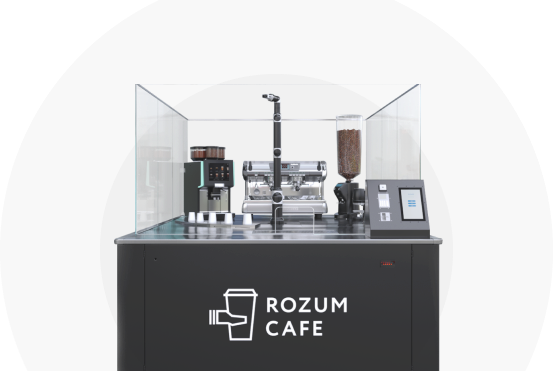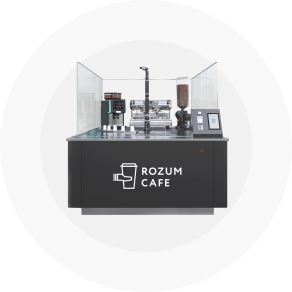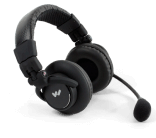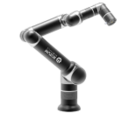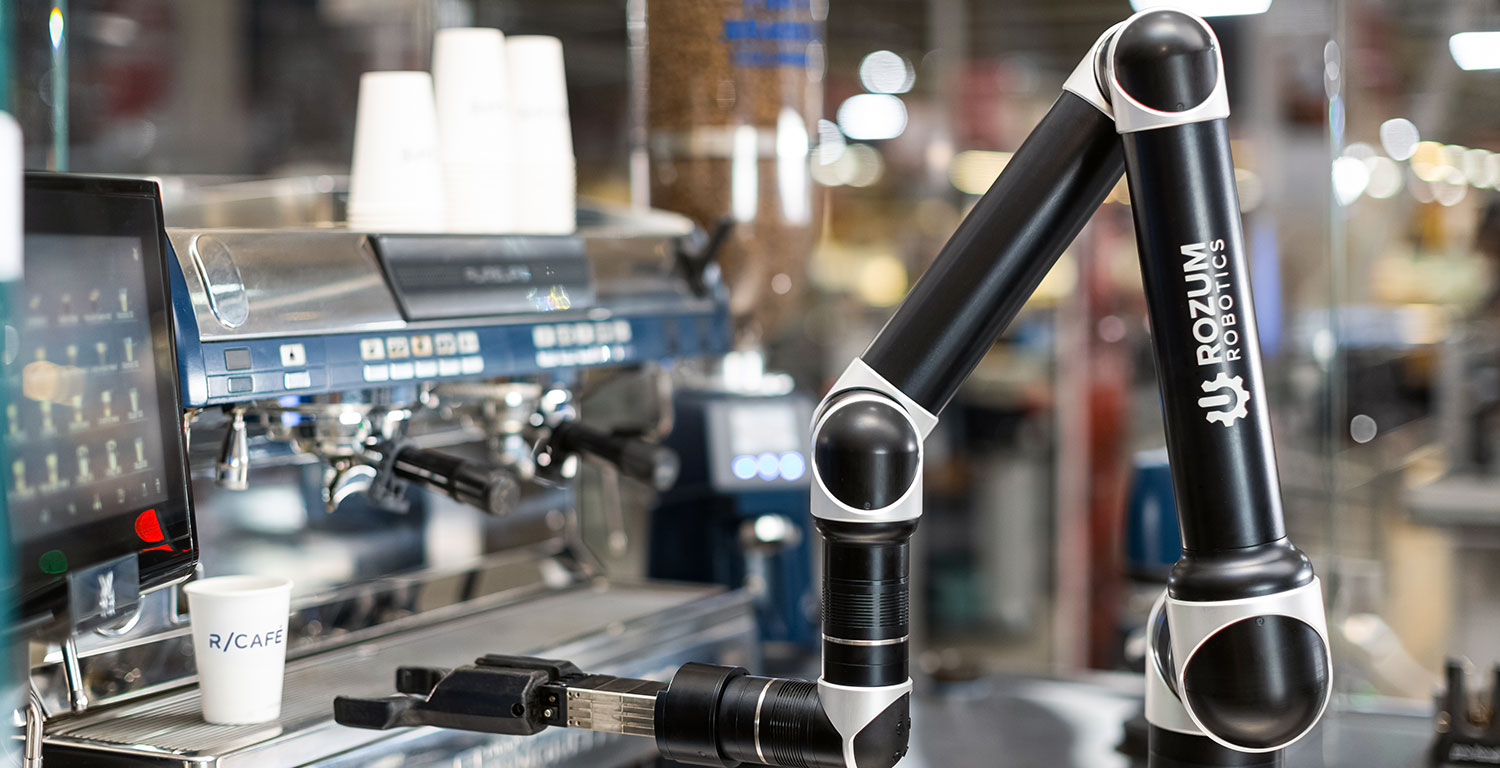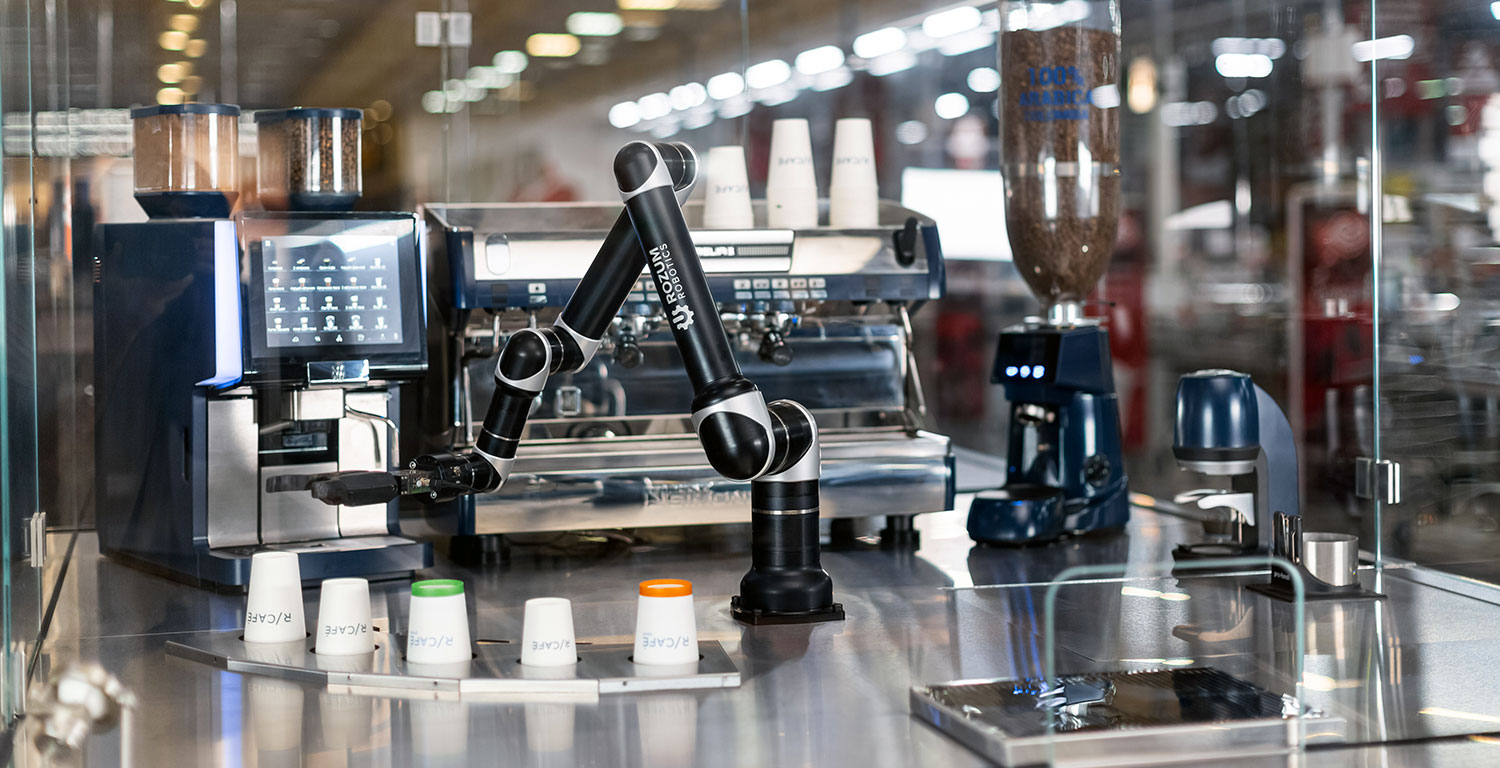Coffee robot vs. barista capabilities
Consistent and controlled beverage quality
Coffeehouse regulars may notice each time the same employee makes a bit different brew. When coffee servers at a restaurant are numerous, gustatory variations are still more evident. Making an order at that selfsame place, you can never be sure to walk away with the exactly similar flavor or strength of coffee as during a previous visit.
In contrast, robot baristas reproduce various beverage properties to the slightest nuances repeatedly, based on preset personal preferences. Quantity of espresso shots, milk froth, or a sweet syrup — always precisely identical content in a jar.
No massive lines, no sweat, no welter
During rush hours, when things get busy and hasty, baristas are prone to errors, messing up with orders: confusing names, ingredients, quantities, etc. Human bodies get tired and slow—hence the annoying queues. Waiting in line is never fun, especially when running late for work in the morning or rushing to catch a plane at an airport.
Coffee-making barista bots or automated kiosks boast fast working cycles: existing solutions are claimed to brew up to 300 portions a shift. Robots can work 24/7. The machines need no breaks, except for refilling or cleaning, never call in sick and toil tirelessly.
Valuable insights into customer flows and preferences
It is unlikely that a human server at a counter can keep records of customer requests, count related numbers without detriment to usual duties. Either serving speed is affected, causing buyers’ discontent, or accuracy of collected information suffers, resulting in business missing real chances to improve.
Enhanced with AI aptitude, robotic baristas gather required data without diverting attention from the primary objective of serving coffee to the guests. The multi-tasking ability enables keeping the clientele happy while providing managers with essential evidence about consumer traffic, popular products, etc.
Reduced costs and eliminated labor shortage
The price of a java brewed by a robot equals the cost of a portion served at a regular coffee spot (about 3 to 4 dollars in the USA). However, hiring a human employee to do the job involves indirect expenses—social security and insurance, paying up sick leaves, labor compensations, etc.
In the case of a robotic coffee bar, the only expense to consider is the servicing cost, typically minimal due to the high reliability of the automated solutions. In areas with dense customer traffic (e.g., airports), robo baristas help to address the problem of lacking workforce and its high turnover.
